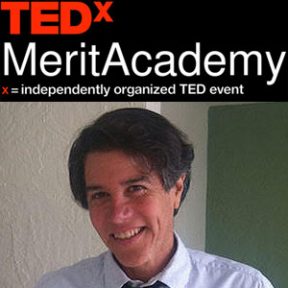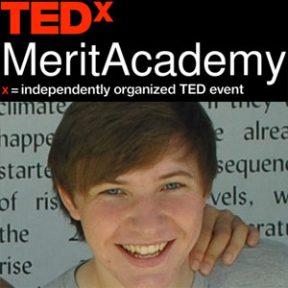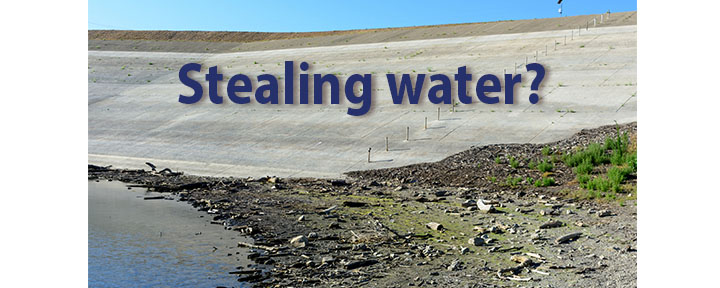
When my girls were young, they raised pet rats to learn about animal behavior at Merit Academy. They discovered that when they placed just 2 rats in a huge maze, the rats coexisted happily. But when they placed dozens of rats in the same maze, the rats became territorial, anxious, and vicious.
Fast forward to 2021 when our planet is almost 1.5 degrees warmer than it was pre-Industrial Revolution; we are facing severe droughts, wildfires, and hurricanes. A hundred years ago, we never worried about our water supply. Today, massive droughts in California have pushed people to do unthinkable things to get water.
Like rats, when people don’t have enough water, we will do anything necessary to get it. Thieves are stealing billions of gallons of water by tapping into fire hydrants, rivers, and even family homes and farms. Our droughts are causing reservoirs to dry up, which is causing record-levels of thefts.
As many municipalities restrict water usage, we’re seeing an uptick in illegal water thefts. The California Dept of Fish and Wildlife has made more than 900 felony arrests of illegal cannabis growers. These growers have run over 400 miles of pipes diverting water from streams to their manmade dams.
In Southern California, the water system crashed last year after thieves tapped fire hydrants and water mains. To protect our water sources, officials are removing or locking fire hydrants and securing key water sources.
As we begin to face real repercussions of a hotter planet, people will behave in desperate ways to get the resources they need. This is just the beginning of what we can expect to happen when we can’t get enough water, food, or even oxygen to survive. We need to make reducing CO2 in the atmosphere our number one goal.

When my girls were young, they raised pet rats to learn about animal behavior at Merit Academy. They discovered that when they placed just 2 rats in a huge maze, the rats coexisted happily. But when they placed dozens of rats in the same maze, the rats became territorial, anxious, and vicious.
Fast forward to 2021 when our planet is almost 1.5 degrees warmer than it was pre-Industrial Revolution; we are facing severe droughts, wildfires, and hurricanes. A hundred years ago, we never worried about our water supply. Today, massive droughts in California have pushed people to do unthinkable things to get water.
Like rats, when people don’t have enough water, we will do anything necessary to get it. Thieves are stealing billions of gallons of water by tapping into fire hydrants, rivers, and even family homes and farms. Our droughts are causing reservoirs to dry up, which is causing record-levels of thefts.
As many municipalities restrict water usage, we’re seeing an uptick in illegal water thefts. The California Dept of Fish and Wildlife has made more than 900 felony arrests of illegal cannabis growers. These growers have run over 400 miles of pipes diverting water from streams to their manmade dams.
In Southern California, the water system crashed last year after thieves tapped fire hydrants and water mains. To protect our water sources, officials are removing or locking fire hydrants and securing key water sources.
As we begin to face real repercussions of a hotter planet, people will behave in desperate ways to get the resources they need. This is just the beginning of what we can expect to happen when we can’t get enough water, food, or even oxygen to survive. We need to make reducing CO2 in the atmosphere our number one goal.
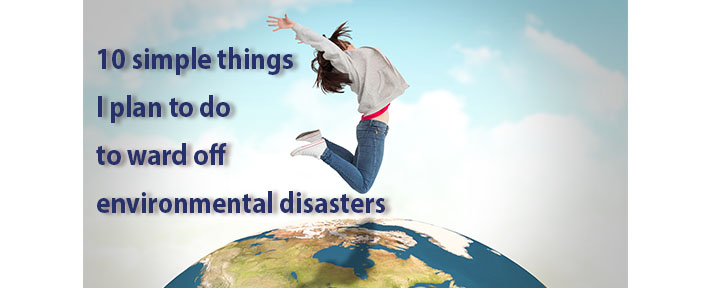
While I am just one person, if others make a conscious effort to change little things, we can do BIG THINGS to stave off the destructive path we face as the Earth heats up. It’s all about the numbers. When one person does something: no change. When millions of individual people do something: we save our lifestyles – and our lives.
Here are 10 things that I pledge to do starting today:
#1: Reduce my driving by 50%
I will plan my outings and do them all on one day per week.
#2: Eliminate buying single-use plastic bottles, straws, and take-out containers.
I will buy beverages sold in glass bottles only, or use my reusable glass bottles. I’ll use my reusable metal straws. I’ll use my glass containers for doggie bags and insist that restaurants use my containers for take-out orders.
#3: Reduce the number of truck deliveries to my house each week.
I will select Friday deliveries from Amazon to reduce both packaging and fuel emissions.
#4: Stop using clean, drinking water to flush my toilet.
I will use water captured from my showers and baths to flush my toilet in my home.
#5: Use 50% less drinking water to irrigate my fruit orchard and 6 gardens.
I will use water captured from my rooftop and stored in a 5000-gal tank and 18 IBC tanks (275 gal each).
#6: Discourage people and corporations from clear cutting forests to provide grazing for cattle.
I will not eat meat or dairy products 6 days per week.
#7: Ban purchases of non-organic food to stop Monsanto from poisoning us with Roundup and GMOs.
I will grow my veggies and fruit using aquaponics, hydroponics, greenhouse, and permaculture systems. For veggies and fruit I can’t grow, I’ll get them at our local farmer’s market or from Imperfect Foods.
#8: Petition and fight oil and gas companies from fracking and drilling for methane (natural gas) and petroleum (gasoline).
I plan to install more solar panels (we have 64 now) and purchase only electric or hydrogen fuel cell cars in the future (have one Tesla now, and have my eyes on the Toyota Murai hydrogen fuel cell car).
#9. Use LED light bulbs for 100% of my lighting.
I will only purchase LED bulbs and replace all existing incandescent and fluorescent bulbs.
#10. Educate and encourage teens to proactively change their lifestyles to promote a future where it’s safe to raise families.
I will guide students as they do projects that highlight problems covered up by corporations and give the teens a platform to reach large audiences through TEDxMeritAcademy.
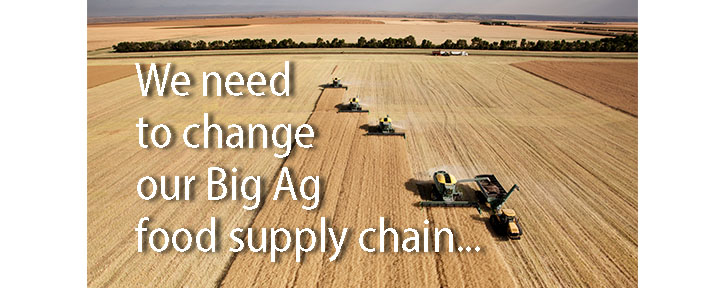
In just 4 months, the coronavirus tested the world’s food system – and FAILED. People panicked and started hoarding food, masks, and toilet paper! With shelter-in-place orders, farmers let edible produce rot and gassed, shot or buried livestock because food supply chains were broken. If this happened in the few months we have faced a pandemic, imagine what is going to happen when global warming changes our food supply due to droughts, water shortages, and an outdated supply chain.
By the end of this year, over a billion people will be without sufficient food supplies. The United Nations is holding a “Food Systems Summit” next year to craft a well-organized global effort to address food security and challenges that agriculture faces today. We need to rethink what we grow and stop over producing commodity crops; instead, we need to prioritize conservation methods. Farm groups are banding together to create a sustainable alternative to the Farm Bill.
Rather than forcing farmers to succumb to Big Ag, we need to support farmers as they grow a variety of vegetables using non-GMO seeds, maintain organic systems, and reduce pesticides and fertilizer use. We need a new business model that doesn’t create an assembly-line approach to food. This has caused countries to produce just a few types of crops and makes them dependent on imports to feed their people. That’s how we ended up with over production of corn in the US, wheat in Russia, and soybeans in the Amazon rainforest.
Big Ag is causing a rise in CO2. We need to make American agriculture carbon neutral and expand soil conservation programs. To do this, we’ll need Congress to support farmers and ranchers to employ climate stewardship practices. We can’t allow Big Ag to consume resources, crush biodiversity, pollute the environment, and negate agriculture’s potential climate benefits, while they produce crops and food with little variety or nutrition.
If the coronavirus pandemic has taught us anything, we don’t want to be dependent on food imported from other countries. This can be dangerous and can cause starvation when governments make export decisions and restrictions to feed their own populations or for political gains. Let’s support the small, local farmers and get Big Ag out of our food supply chain.
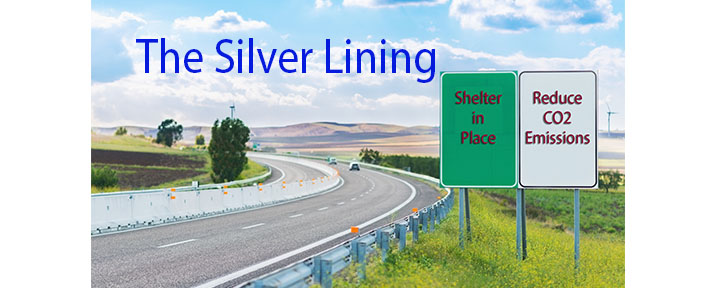
The global response to the coronavirus pandemic has shown us that we can change our routines and behavior. One of my students organized “WHEN, NOT IF…” to ask if people could reduce driving vehicles by 10% per week to substantially reduce their CO2 output. He created a handy calculator that allows you to enter the amount of driving you do per week so you can see how much CO2 you are responsible for emitting each year. Now that we’re all sheltering in place, let’s enter our numbers to see how much CO2 has been reduced and what we can do in the future to lower our carbon emissions. That’s something we can all do now that we are driving less!
Roadways and freeways are open with considerably less traffic. The skies are clear and the air is fresh to breathe. Plants and wildlife have shown significant improvement in just a few months. The earth is breathing a sigh of relief. We can all make changes in our lifestyles to treat ourselves better, to treat the earth better, and to treat future generations better. We can do this!
Happy Earth Day!
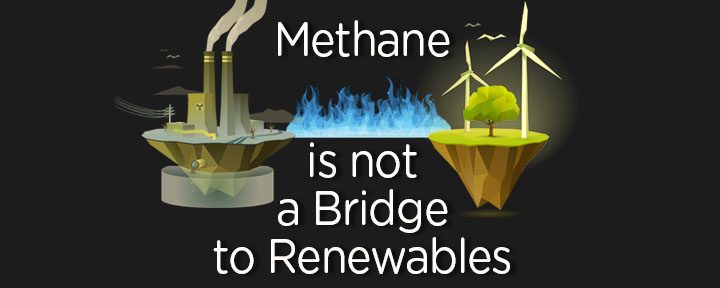
Don’t be fooled by the term “bridge fuel” to renewable energy. When my daughters were promoting a hydrogen economy back in the early 2000s, the Department of Energy (DOE) met with them to encourage them to be patient and to support the bridge fuel of natural gas to move towards renewable energy. “Natural gas” is really a misnomer. It leads one to believe that it is environmentally friendly, but it is NOT! Natural gas = METHANE.
The climate crisis is happening now and we have less than a decade to mitigate the CO2 problem that we face. So 20 years ago when Nicole and Jaclyn were promoting hydrogen fuel cells and a hydrogen economy, they were on the right track. If we would have moved to a hydrogen or any sustainable energy source over the past 20 years, we wouldn’t be on a collision course that will kill millions of people and cause billions of dollars in damages.
America has pushed natural gas production both here in the United States and all over the world. The way we get natural gas is by FRACKING. Oil and gas companies drill wells that require 1 million gallons of water per well and 50 known carcinogens to capture the methane underground. The process is sloppy and methane escapes during the fracking process. Because fracking is used all over the world and here in America, natural gas (methane) is the fastest growing fossil fuel. What’s worse, methane is a terrible greenhouse gas and it’s 20 times more powerful than CO2. The “bridge fuel” is now being called the “forever fuel.” Hmm. Sounds like a bait and switch scam.
Want to learn more about fracking and how it is contaminating the water here in the United States? Watch GASLAND 2 on vimeo.com. I’ve watched it with my students and they are standing up for their rights to clean water and the truth about our energy and corruption. Seriously, watch GASLAND 2 by Josh Fox and encourage your family and friends to do the same. For me, it was life changing.
Thrilled that we are hosting a TEDx event at the Rio Theatre in Santa Cruz! Join us on Aug 14, 2017 at 7 pm. Get your tickets for TEDxMeritAcademy at wwwtedxmeritacademy.com. Meet David Vasquez, one of our speakers!
“What if there actually IS an energy ‘magic bullet’?”
David Vasquez is going to challenge the cliched notion in the energy world that “there are no ‘magic bullets’. There’s a breakthrough energy technology from an engineer-scientist-inventor in Arizona named Roy McAlister. He’s developed a new liquid fuel for both motor vehicles and power plants called METROL that is typically made from garbage and sewage and is not only clean, safe, affordable, unlimited in supply, and 100% clean, but actually cleans the air around it. The implications for both climate change, environment, and world economic prosperity in general are profound.
About David Vasquez:
David Vasquez is a college instructor, book author, computer-graphic specialist, and filmmaker who is focused on renewable energy and sustainable urban design. He has a doctorate degree mixing cognitive science with science education and he wrote a book about next-generation solar-hydrogen railway-systiems. His professional role has been as VISUALIZER of outside-the-box environmental solutions. He uses this craft both (a) as an independent consultant to public planning agencies in the SF Bay Area, and (b) to educate graduate students in a Landscape Design Dept. (Academy of Art University, SF) about how to create emotionally-engaging promotional images of proposed public projects.
Join us for TEDx MeritAcademy at the Rio Theater in Santa Cruz on Aug 14, 2017 at 7 pm! Get your tickets for TEDxMeritAcademy at tedxmeritacademy.com. Meet Logan Conover, one of our speakers!
“Can Individual People Reduce CO2 Enough to Ward Off Climate Change?”
When natural disasters start to happen is the real question behind climate change, not if they will happen. People have already started to see the consequences of rising CO2 levels, with the 2-degree temperature rise and global CO2 levels passing 404 parts per million (ppm). Let’s discuss an easy and practical solution that we can all embrace.
About Logan Conover:
Logan Conover founded When, Not If…, a non-profit organization that educates people about their carbon emissions, the positive feedback loop, and easy solutions to reducing CO2 in the atmosphere. He stumbled across climate change when he learned that many congressmen/women were denying its existence. This frustrated Logan because he couldn’t understand why people wouldn’t believe 99% of the scientists who state that climate change is real with proof that it is real. Logan realized that he needed to something fast and he needed to make it easy, so he created When, Not If… to share facts with people and get the world to take action against climate change.

